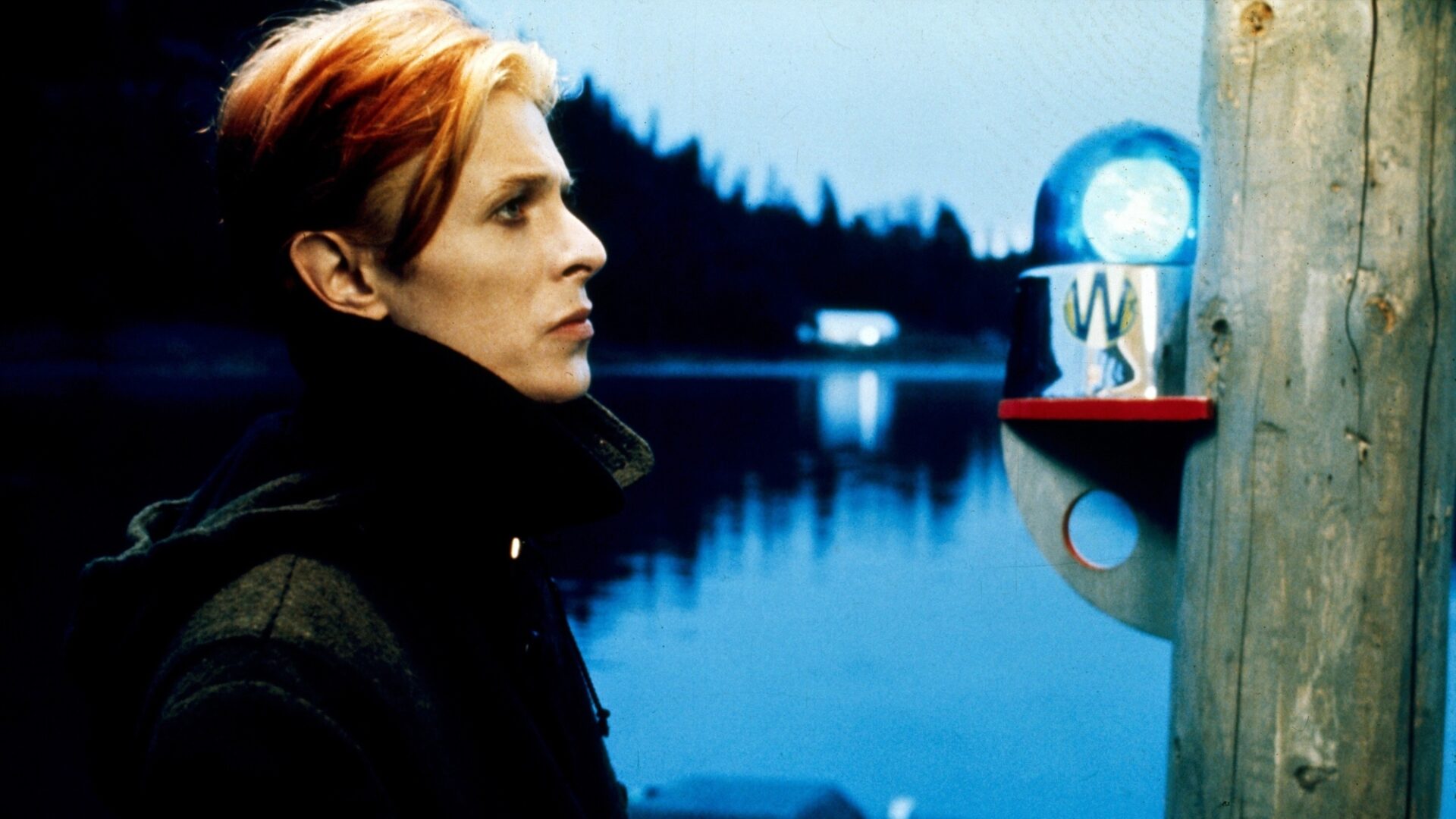February 17–March 4, 2018
Out There: The Visionary Cinema of Nicolas Roeg
“All you’re doing in a film really is saying: this is what, and how, I think—is there anybody out there?”
Nicolas Roeg
In 2011, Time Out published the results of a poll, voted on by 150 film professionals, to determine the 100 greatest British films of all time. When Nicolas Roeg’s haunting masterpiece Don’t Look Now (1973) took the surprise top spot—with three other Roeg films ranking in the top 70—it gave pause to reflect on an erratic, provocative, and fiercely original body of work that continually, defiantly tested the limits of commercial cinema at every gutsy turn. Adult themes, explicit sex, far-out film grammar: these were the contents of Roeg’s wheelhouse, and he brandished them with cool indifference to bottom lines or changing trends, marginalizing himself into near-oblivion in the process. (He’s released a scant three films since 1990’s The Witches, his last studio picture.)
Already a distinguished cinematographer when he became a director—he shot, among others, Truffaut’s visually sumptuous Fahrenheit 451 (1966) and Richard Lester’s psychotropic Petulia (1968)—Roeg cemented his reputation as “the great conundrum of British cinema” (Sight & Sound) with a superlative run of art films in the 1970s that divided critics, scandalized studios, and barely saw theatrical distribution. (This despite pop stars Mick Jagger and David Bowie in half of them.) By turns passionate, violent, erotic, and oblique, these four sequential masterworks—Performance (1970, with co-director Donald Cammell), Walkabout (1971), Don’t Look Now, and The Man Who Fell to Earth (1976)—made no money but a strong case for Roeg as the torchbearer of a European film modernism believed extinguished by the end of the 1960s. As did Resnais and Antonioni before him (there’s worse company to be in), Roeg considered time and memory to be the raison d’être of cinema, and his best and most boundary-pushing films explore—and explode!—those concepts through a delirium of prismatic, nonlinear editing patterns that obfuscate the lines between past, present, and future. The elliptical cinemas of Todd Haynes, Danny Boyle, Steven Soderbergh, Gaspar Noé, and Christopher Nolan are unthinkable without him.
On the occasion of his 90th birthday this year (salut, Nic!), The Cinematheque presents a select retrospective of Roeg’s daring, dangerous, censors-be-damned films. Included is Roeg’s colossal quartet of aforementioned works from the 1970s, as well as his controversial psychosexual thriller Bad Timing (1980) (labelled “a sick film made by sick people for sick people” by its own distributor!), his Wellesian puzzle box Eureka (1983), his what if? chamber piece Insignificance (1985), and his creepy, kid-friendly Roald Dahl adaptation The Witches.
“Fierce, uncompromising, iconoclastic, dazzlingly original, he is British film’s Picasso.” Danny Boyle
Out There • Opening Night Saturday, February 17
Refreshments & Programmer’s Introduction
6:30 pm — Don’t Look Now with Intro
8:45 pm — The Man Who Fell to Earth
List of Programmed Films
| Date | Film Title | Director(s) | Year | Country |
|---|---|---|---|---|
| 2018-Feb | Don’t Look Now | Nicolas Roeg | 1973 | United Kingdom . . . |
| 2018-Feb | The Man Who Fell to Earth | Nicolas Roeg | 1976 | United Kingdom |
| 2018-Feb | Walkabout | Nicolas Roeg | 1971 | United Kingdom |
| 2018-Feb | Performance | Nicolas Roeg . . . | 1970 | United Kingdom |
| 2018-Feb | Eureka | Nicolas Roeg | 1983 | United Kingdom . . . |
| 2018-Mar | Bad Timing | Nicolas Roeg | 1980 | United Kingdom |
| 2018-Mar | Insignificance | Nicolas Roeg | 1985 | United Kingdom |
| 2018-Mar | The Witches | Nicolas Roeg | 1990 | United Kingdom . . . |
